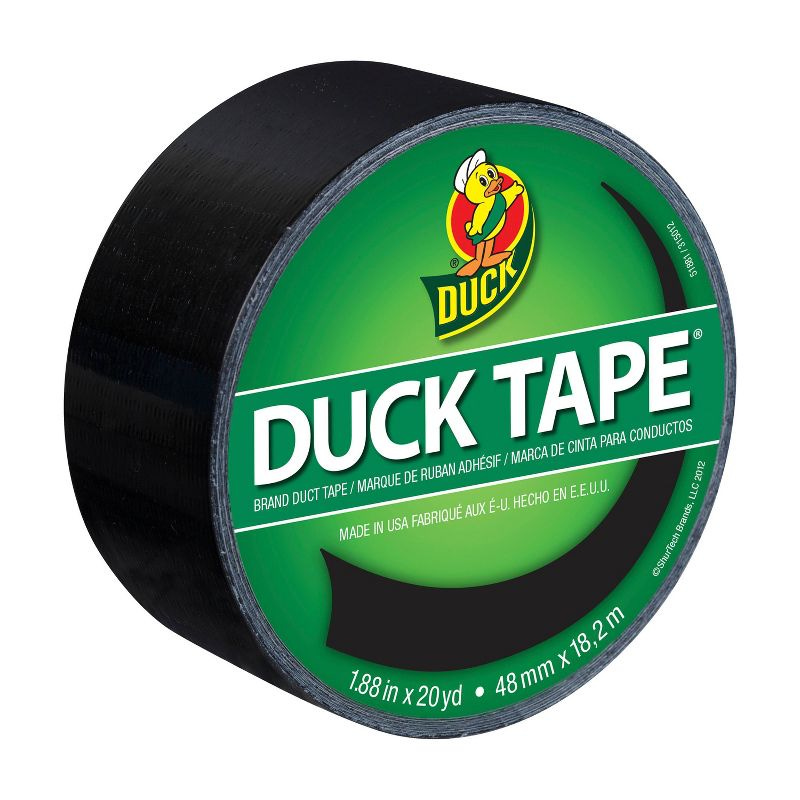Allen calls my cell phone at 7:40 Monday morning before my first class starts.
“Mom,” he says, his voice on the edge of hysteria. “I need new shoes! Mine are going to fall apart!”
“Okay,” I say in my soothing “Mom” voice. “We’ll get new shoes on Saturday.”
“That will be too late!” he shouts. “They’re going to fall apart before then!”

I take a deep breath before I answer. I am never completely sure why some things make my autistic adult son panic, and others seem nonconsequential. “How do you know they won’t last until Saturday?”
“I just know!”
I wonder if there is an expiration date on the soles of the shoes that I have failed to see, but the bell has rung and there are students at my door. “I’ve got to go,” I tell him. “We’ll talk when I get home.”
When I get home at 4:30, Allen is waiting for me.
“My shoes are falling apart,” he says and shows me a hole in the toe of one.
I inspect it gravely. “Ok. We’ll go shoe shopping on Saturday.”
“Saturday? I’m supposed to wear a shoe with a hole in it until Saturday?”
I recall earlier years when Allen would just apply duct tape to a shoe and make it last. I shrug. “It’s just a little hole.”
“It’s still a hole.”
“Wear your other sneakers,” I suggest. “The white ones. That cost almost $200.”
He looks at me as if I have obviously lost my mind. “Those are INDOOR shoes. I need OUTDOOR shoes. I can’t wear INDOOR shoes to work.”
I let it sink in. “Right. Well, wear them or wait until Saturday.”
Disdainfully, he takes the offending shoes with their holes and puts them on the porch. He spends the evening in his socks.
Tuesday, he calls me again at 7:40. The pattern repeats itself every day. He needs shoes. His are going to fall apart. I’m a patient person, a patient mother to this autistic adult, but I have my limits.
On Thursday, I give him an alternative.
“If you don’t want to wait until Saturday,” I tell him, “go buy shoes yourself.”
There is a large gasp on the other end of the phone. Allen has never bought shoes by himself.“What would I do?” he whispers.
“Same thing you do with me. Go to the shoe department. Find ones you like. Ask the clerk for your size. Try them on. If you like them, buy them.”
“Okay.” It is a small voice, sounding nothing like my 6 foot 6 inch son. “I’ll go buy shoes.”
“Great!” I tell him. “Go to Boscov’s. There’s a coupon in the mail basket.”
An hour later, he calls me. “I’m at Boscov’s. Now what?”
I realize I am going to have to walk him through the whole process. Step by step. Along around the 10th phone call, I wonder if this piece of independence for Allen is worth all the time I’m investing.
The last phone call comes at 2:30. “I bought the shoes,” he says. “ I used the coupon.” He yawns. “I’m lying down now.” He hangs up the phone, but it pings again a second later.
And there in my messages is the beautiful proof that Allen is learning to do things on his own, that all the phone calls were worth this piece of independence.
It is a picture of his new shoes.
How have you helped your own kids develop independence? Do you have any experience with an autistic adult?






It is a win for them when they learn to do things on their own, but it is also a win for us that we have done what they needed to feel confident to try the task on their own,
Our non-verbal son on the spectrum just promoted from high school last night. High school has been a series of steps toward independence but true independence feels very far away. Like so many other milestones, I'm trying not to compare Thomas's growth with his same-age peers. One of the steps towards independence we took was letting him go to Grad Night at Disneyland. Yes, he went with his SPED teacher and he stayed with his four other SPED classmates but it was his first time going somewhere that far away without mom or dad.